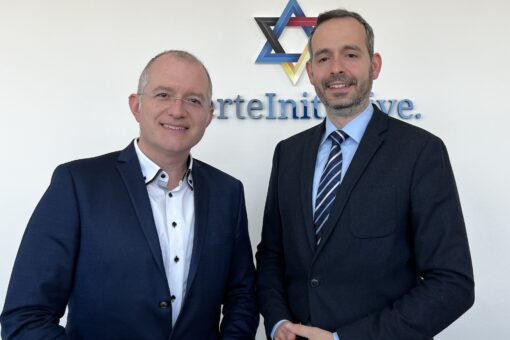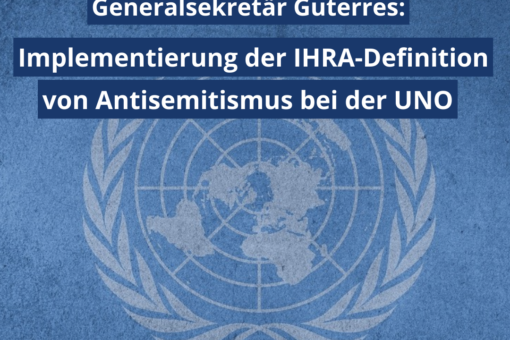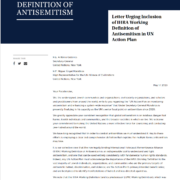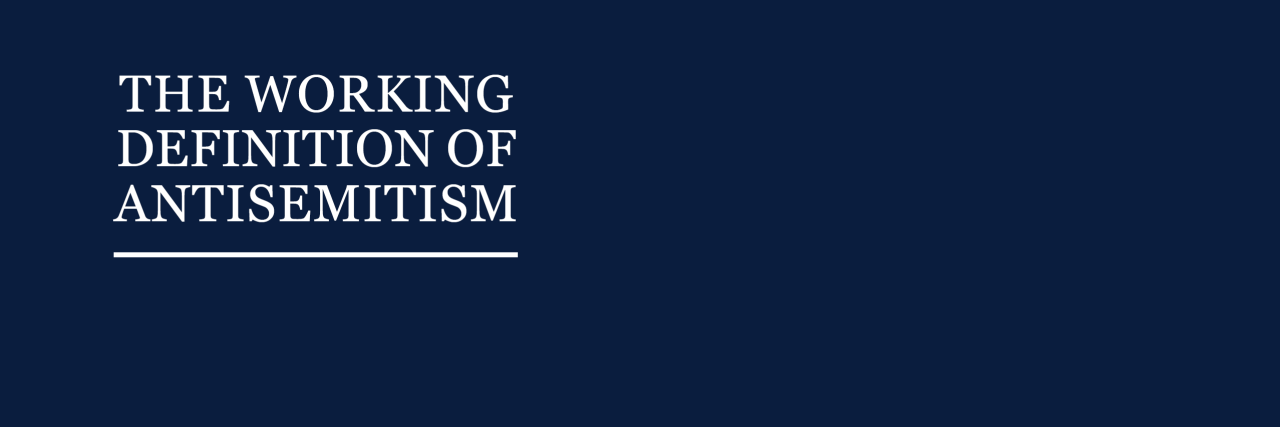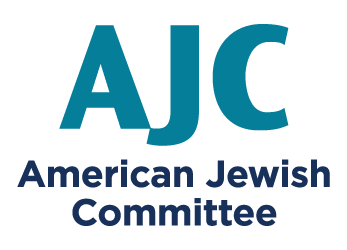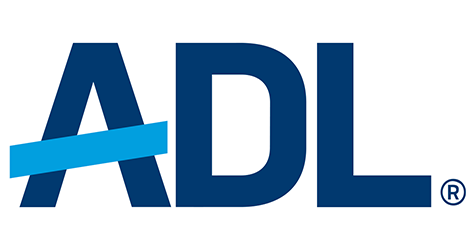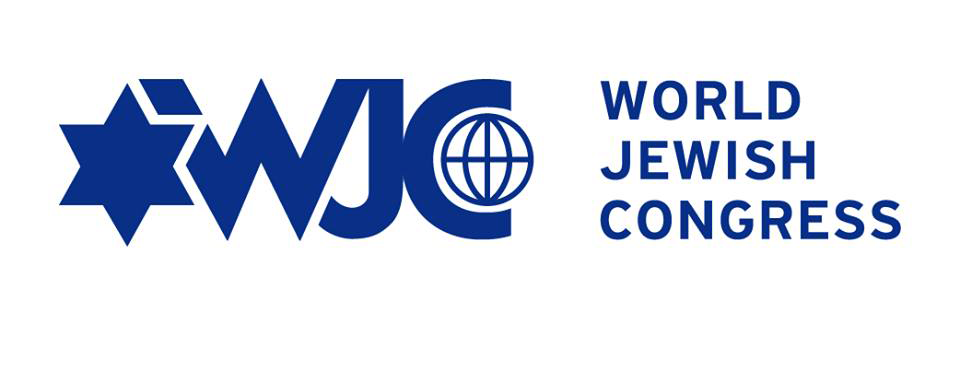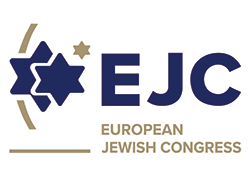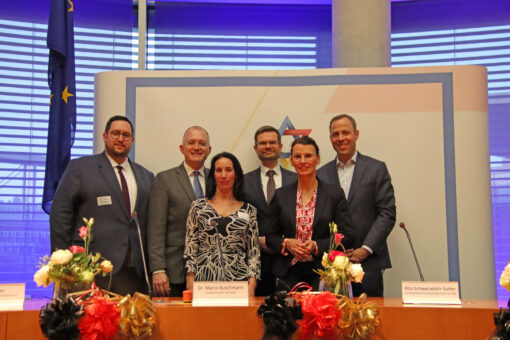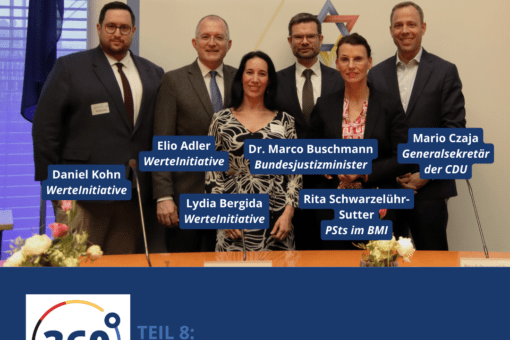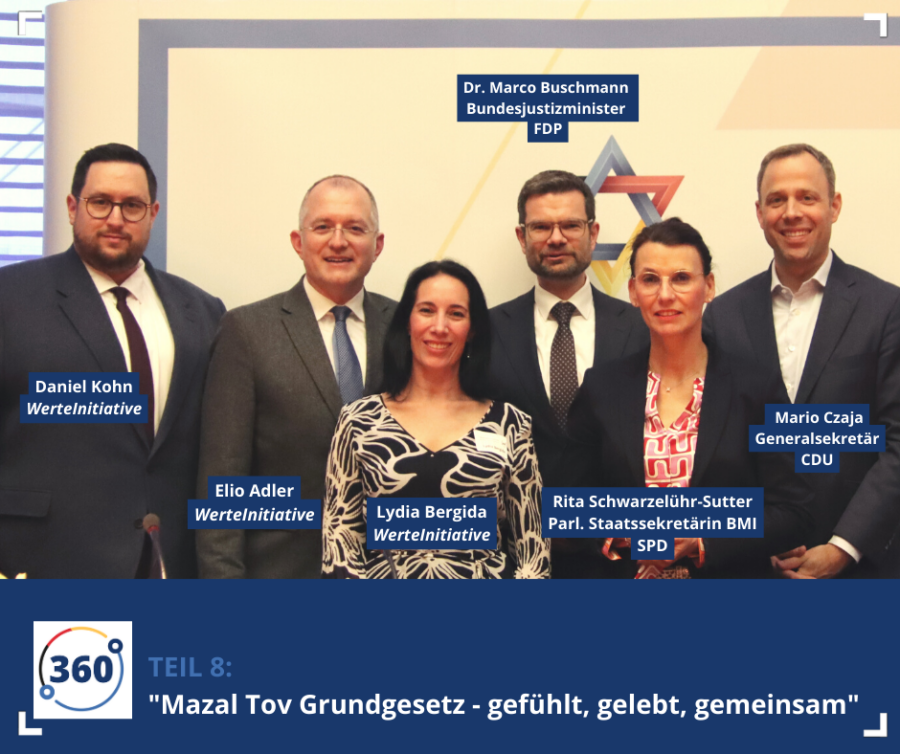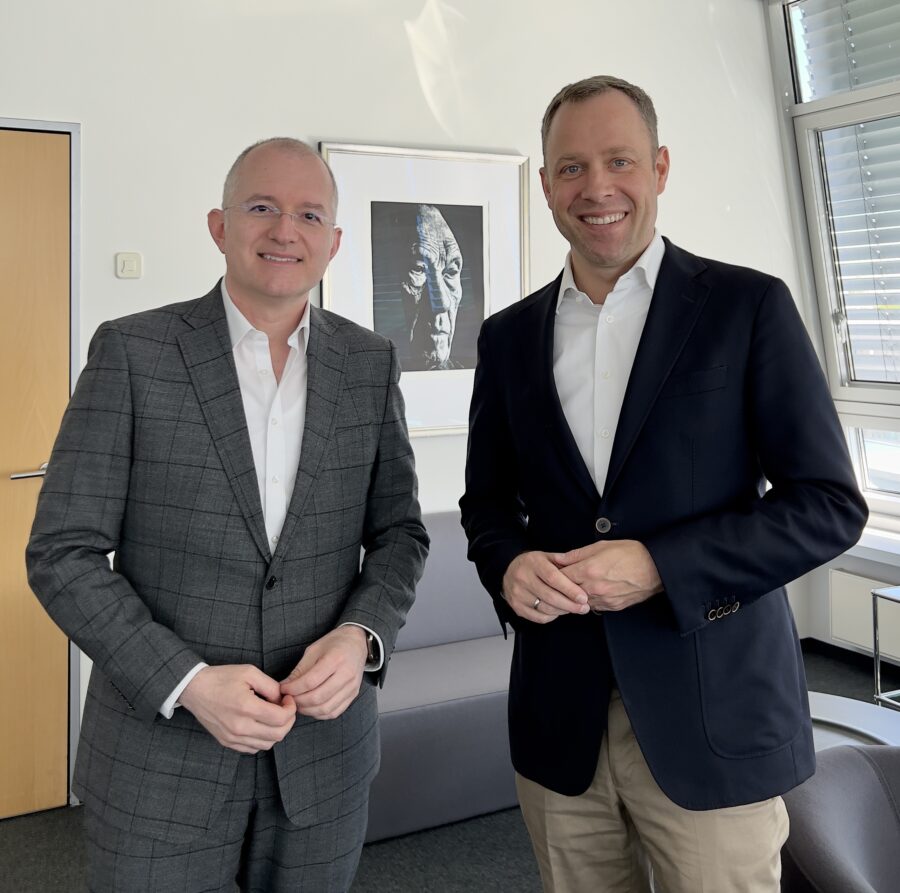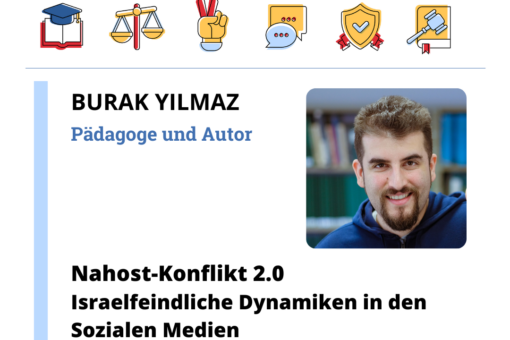H.E. António Guterres
Secretary-General
United Nations, New York
H.E. Miguel Ángel Moratinos
High Representative for the UN Alliance of Civilizations
United Nations, New York
May 17, 2023
Your Excellencies,
We, the undersigned Jewish communities and organizations, civil society organizations, and scholars and practitioners from around the world, write to you regarding the “UN Action Plan on monitoring antisemitism and enhancing a system-wide response” that Under Secretary-General Moratinos is presently finalizing in his capacity as the UN’s senior focal point on antisemitism since 2020.
We greatly appreciate your consistent recognition that global antisemitism is an insidious danger that harms Jewish individuals and communities, and the broader societies in which we live. We welcome your commitment to making the United Nations a more effective force for countering and combating Jew-hatred around the world.
We have long recognized that in order to combat antisemitism we must understand it. Key to these efforts is employing a clear and comprehensive definition that explains the multiple forms antisemitism may take.
It is our collective view that the non-legally binding International Holocaust Remembrance Alliance (IHRA) Working Definition of Antisemitism is an indispensable tool to understand and fight antisemitism, and one that can be used entirely consistently with fundamental human rights standards. Indeed, any UN Action Plan must acknowledge the importance of the IHRA Working Definition to the vast majority of Jewish individuals, organizations, and communities who are the primary targets of antisemitic hatred, discrimination, and violence; are the Action Plan’s primary intended beneficiaries; and are best placed to identify manifestations of hatred and bias directed against us.
We note that the IHRA Working Definition (and its predecessor EUMC Working Definition), which was developed with the cooperation and support of Jewish communities, has provided essential guidance to governments and organizations in Europe, the Americas, and elsewhere for nearly two decades in their efforts to combat antisemitism. As the annex to this letter demonstrates, it has been adopted by more than 40 nations and multilateral organizations such as the European Union and the Organization of American States. It has earned the near-unanimous endorsement of the Organization for Security and Cooperation in Europe. Thirty-one US states, numerous local governments, and countless businesses, universities, and organizations around the world use it to address harm to our communities. No other definition of antisemitism has been broadly adopted and utilized by practitioners, governments, and civil society. All recognize that the IHRA definition has immense value as an educational tool that offers an evaluative framework, with clear examples of the multiple forms antisemitism can take, that empowers the victims and society at large to identify forms of antisemitism that might otherwise go unrecognized. As you are aware, former UN Special Rapporteur on freedom of religion or belief, Dr. Ahmed Shaheed, also recognized the unique value of the IHRA Working Definition and explicitly recommended its use as an educational and training tool in his 2019 report and 2022 action plan on antisemitism, which he prepared following wide consultations with Jewish organizations and community leaders.
We note that the IHRA Working Definition offers succinct explanations and practical examples that can help governments and individuals at all levels of society recognize antisemitism. These include conspiracy theories and Holocaust denial, as well as the demonization of Israel, conceived as a Jewish collectivity.
It is this latter aspect of the IHRA Working Definition that has elicited concern from some civil society organizations. However, we stress that its inclusion in the IHRA Working Definition is precisely what makes this tool uniquely valuable for understanding and monitoring modern day antisemitism. Indeed, forms of antisemitism that are masked as “anti-Zionism” and that deny Jews the right to self-determination are among those most frequently encountered by many Jews today, whether or not they are Zionists. This is well-documented in surveys conducted by the EU Agency for Fundamental Rights in Europe and by surveys in the United States as well. So-called “alternative definitions” that have been formulated as responses to the IHRA Working Definition do not adequately or effectively clarify this form of antisemitism and are not appropriate for inclusion in the UN Action Plan. There are few if any examples of their practical use. Thus, we believe any references to these alternative definitions would only introduce greater confusion into the UN Action Plan and undermine our common efforts to combat antisemitism.
We reiterate that, contrary to the assertions of some civil society organizations, the IHRA Working Definition explicitly affirms that criticism of Israel per se is not antisemitic. We note that many of the governments that have adopted the IHRA Working Definition and consider it a useful tool have found it entirely possible to sharply criticize Israeli policies and practices. We note, further, that the IHRA Working Definition is not legally binding and does nothing to prohibit any speech, even the most hateful.
We urge you to ensure that the IHRA Working Definition of Antisemitism is referenced positively in the forthcoming “UN Action Plan on monitoring antisemitism and enhancing a system-wide response” as an indispensable educational and monitoring tool, the value of which has been widely recognized by many key stakeholders, and one that should be used for training UN staff, among others, on how to recognize and respond to antisemitism.
Thank you for considering our views on this matter.
Please accept, Excellencies, the assurance of our highest consideration.
Initiating Organizations
